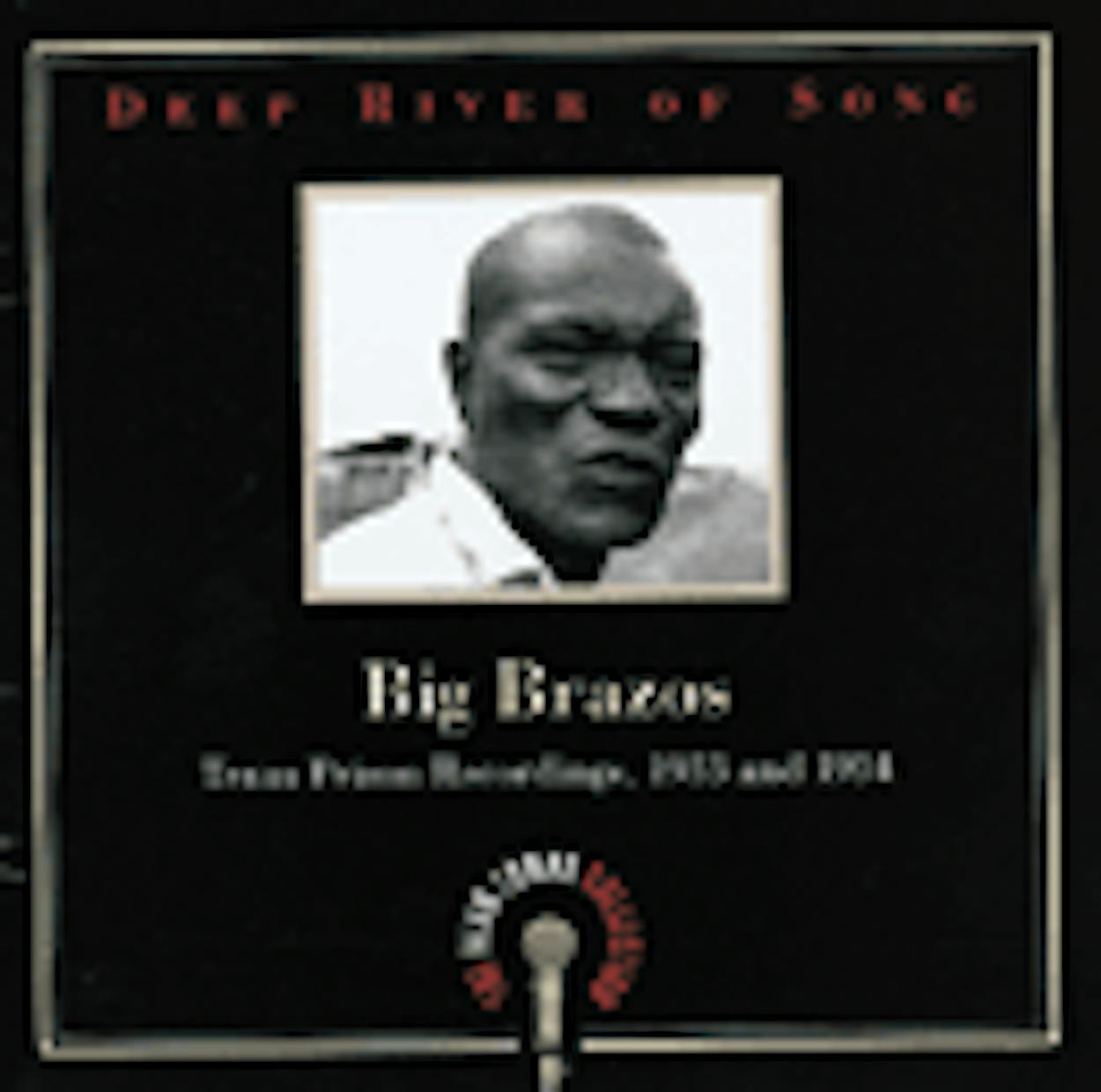Their voices ring with raw defiance. Recorded by John and Alan Lomax between 1933 and 1934, these work songs find beauty in the worst of horrors and preserve what is an all but forgotten musical heritage. The prison camps of the Brazos and Trinity river bottoms existed purely for exploitation, with their regimen of forced labor from sunup to sundown. Black prisoners, like their enslaved ancestors before them, had one way to speak freely: through song. Singing helped them see their way through the long days, and the meter kept the men, who worked in close proximity, swinging their blades at the proper times. Bad rhythm has always been criminal in music, yet here it could get you killed. The Lomax’s most famous prison discovery, Leadbelly, is nowhere to be found on Deep River, yet the cast of unknowns, particularly Ernest Williams, cries out with determination. The narratives hint at forbidden topics but are wide-ranging, hung loose around strong melodies and sung with hypnotic call-and-response grace. Like so many of the Lomaxes’ vast field recordings, these are priceless shreds of humanity, and a piece of history told in a way words alone could never manage.
Music Review
Deep River of Song







